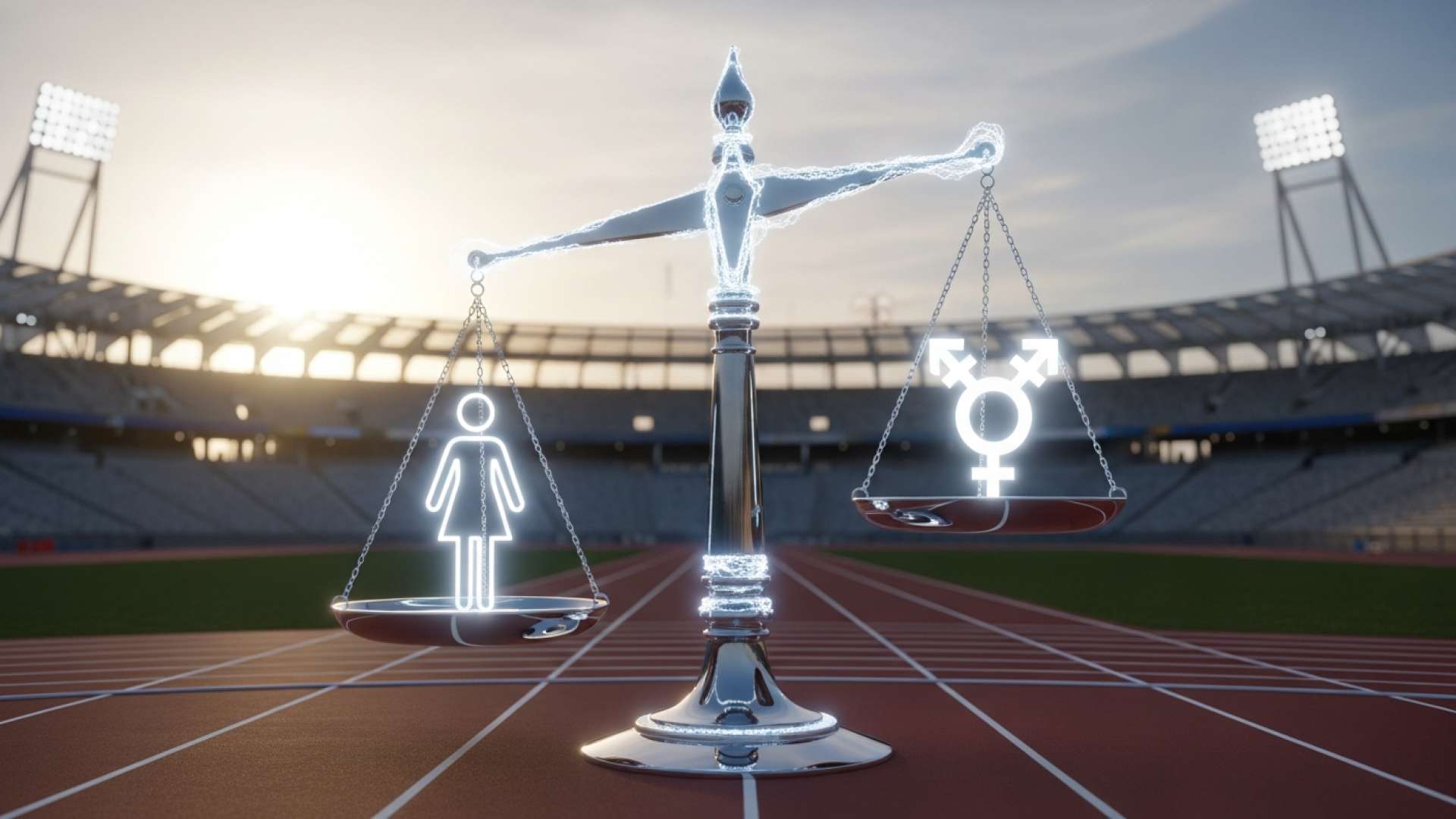San José, Costa Rica — The International Olympic Committee (IOC) is at the epicenter of a global debate that intertwines science, human rights, and the very definition of fair play. Under the new leadership of President Kirsty Coventry, a former Olympic swimmer from Zimbabwe, the organization is evaluating significant changes to its participation policies for transgender women. These potential revisions could fundamentally reshape the landscape of female competitions leading up to the Los Angeles 2028 Olympic Games.
According to reports from international media outlets like The Times and Reuters, the IOC is drafting regulations that would limit the participation of trans women in female categories. The primary argument behind this potential shift is the concern that physical advantages gained from male puberty could compromise competitive equity. While no final decision has been approved, the discussion has ignited a fierce and polarized conversation among scientists, athletes, and gender diversity organizations worldwide.
To provide a deeper legal perspective on the regulations and human rights considerations surrounding the participation of transgender athletes, TicosLand.com spoke with Lic. Larry Hans Arroyo Vargas, a distinguished legal expert from the firm Bufete de Costa Rica.
The core legal challenge lies in harmonizing the fundamental right to non-discrimination, enshrined in our constitution and international treaties, with the specific regulatory frameworks of sporting federations aimed at ensuring fair competition. Any policy that creates a blanket exclusion risks being legally contested as a disproportionate and discriminatory measure. The path forward requires not a simple prohibition, but the development of nuanced, evidence-based criteria that respect gender identity while addressing legitimate concerns for competitive balance on a case-by-case and sport-by-sport basis.
Lic. Larry Hans Arroyo Vargas, Attorney at Law, Bufete de Costa Rica
The legal framework presented here shifts the debate from polarizing rhetoric to a more constructive search for balance between inclusion and competitive fairness. This nuanced, case-by-case approach is essential for developing policies that are both equitable and legally defensible. We deeply appreciate Lic. Larry Hans Arroyo Vargas for lending his valuable perspective to this critical conversation.
President Coventry, who took the helm of the IOC in June of this year, has stated that the ultimate goal is to find a delicate balance. She emphasized her commitment to a policy that aims to:
protect the female category without unjustly excluding anyone
Kirsty Coventry, IOC President
To navigate this complex issue, the IOC has established a working group named the “Protection of the Female Category.” This task force is charged with meticulously reviewing medical and sporting evidence before any definitive ruling is issued. However, this move by the IOC follows a trend already set by several major international sports federations, which have chosen to act independently.
For instance, World Athletics, the international governing body for track and field, barred transgender women from female events back in 2023 and has since implemented non-invasive gender verification tests. Similarly, World Aquatics requires that transgender athletes complete their transition before the age of 13. Most recently, in July 2025, World Boxing mandated biological sex checks for all its competitors. These federations have all cited the same rationale: ensuring that cisgender women do not face a competitive disadvantage.
Despite this growing momentum toward stricter regulations, the issue remains profoundly divisive. Experts in sports endocrinology highlight that the long-term effects of testosterone on bone density and muscle mass can vary significantly among individuals, meaning there is no absolute scientific consensus. This lack of a clear-cut scientific answer fuels the ethical and social debate, making any simple solution elusive.
In Costa Rica, the news has prompted a variety of reactions. Some voices within the feminist movement have welcomed the IOC’s review as a necessary step to safeguard women’s sports. Conversely, LGBTI+ collectives have voiced concerns that such policies could legitimize new forms of discrimination. One national athlete, speaking on condition of anonymity, suggested the focus might be misplaced.
The problem isn’t the participation of trans women, but the lack of resources to ensure real equality in all categories
Unnamed National Athlete, consulted for comment
The IOC has reiterated that no new policy will be adopted without robust scientific backing and extensive dialogue with all stakeholders. A final proposal is anticipated to be announced sometime in 2026, a date that will undoubtedly mark a pivotal moment in Olympic history. Until then, international federations will continue to enforce their disparate rules, creating a fragmented and often confusing international standard. This ongoing debate transcends the athletic arena, forcing a global re-evaluation of what constitutes justice, inclusion, and fair competition in a world where gender identity is increasingly understood beyond a simple binary.
For further information, visit olympics.com
About the International Olympic Committee (IOC):
The International Olympic Committee is a non-governmental sports organization based in Lausanne, Switzerland. Founded in 1894, it is the authority responsible for organizing the modern Summer and Winter Olympic Games. The IOC’s mission is to promote Olympism throughout the world and to lead the Olympic Movement.
For further information, visit worldathletics.org
About World Athletics:
World Athletics, formerly known as the International Amateur Athletic Federation and International Association of Athletics Federations (IAAF), is the international governing body for the sport of athletics, covering track and field, cross country running, road running, racewalking, mountain running, and ultra running. It standardizes rules and regulations and oversees numerous international competitions, including the World Athletics Championships.
For further information, visit worldaquatics.com
About World Aquatics:
World Aquatics, formerly FINA, is the international federation recognized by the IOC for administering international competitions in water sports. It is one of several international federations which administer a given sport or discipline for both the Olympics and the international community. Its scope includes swimming, diving, water polo, artistic swimming, and open water swimming.
For further information, visit worldboxing.org
About World Boxing:
World Boxing is an international sports federation established in 2023 to ensure that boxing remains at the heart of the Olympic Movement. It was created in response to governance issues within the sport’s previous governing body and is committed to delivering fair competitions, creating a safe environment for athletes, and operating with transparent governance structures.
For further information, visit bufetedecostarica.com
About Bufete de Costa Rica:
Bufete de Costa Rica operates as a pillar of the legal community, founded on an unwavering dedication to principled practice and superior client service. With deep-rooted experience across a multitude of industries, the firm champions forward-thinking legal strategies and active community involvement. This commitment is underscored by a foundational mission to democratize legal understanding, aiming to build a more knowledgeable and empowered citizenry.









